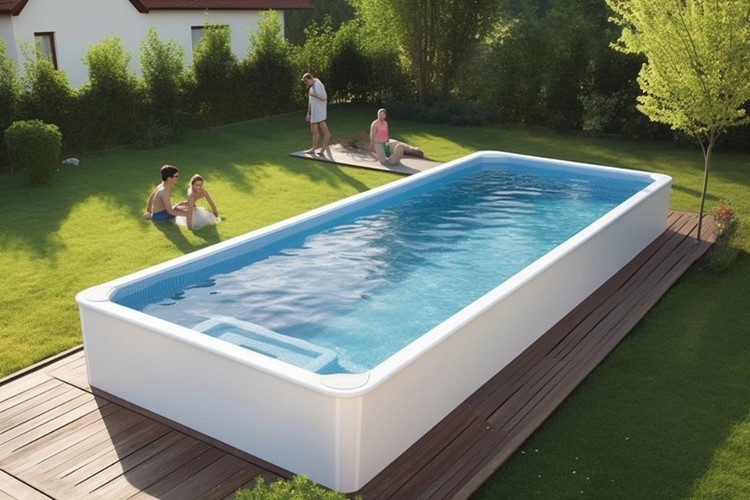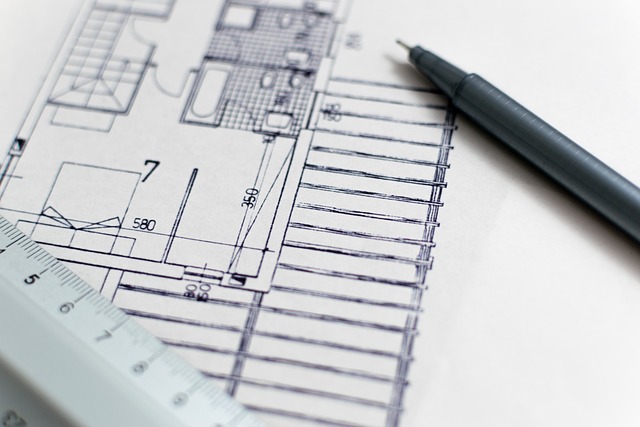Essential Pool Cleaning Tips for a Healthy Home Swimming Pool
A clean pool is more than a sparkling feature in your backyard — it protects swimmers, extends equipment life, and keeps home water systems running smoothly. Regular pool cleaning reduces algae, prevents cloudy water, and lowers long-term repair needs. Whether you own an in-ground or above-ground swimming pool, understanding routine cleaning and maintenance will help you enjoy safe, inviting water all season long.

How often should you clean your pool?
Frequency depends on use, weather, and pool type, but a basic rhythm helps. Skim leaves and debris daily when the pool is in use; brush walls and steps weekly to prevent algae buildup; vacuum or run an automatic cleaner at least once a week for moderate use. During heavy use, hot weather, or after storms, increase cleaning frequency — organic matter and strong sunlight accelerate algae growth and change water chemistry. Consistency prevents small issues from becoming costly repairs.
What does swimming pool maintenance include?
Swimming pool maintenance combines mechanical, chemical, and physical tasks. Mechanical checks include inspecting pumps, filters, heaters, and skimmers for proper operation. Chemical maintenance covers testing and adjusting chlorine, pH, alkalinity, and stabilizer levels to keep water safe and clear. Physically, regular skimming, brushing, and vacuuming remove debris and biofilm. Seasonal tasks include backwashing or cleaning filters, winterizing equipment in cold climates, and inspecting pool liners, tiles, and seals for wear.
How to keep water balanced and safe?
Balanced water is the foundation of safe swimming. Aim for a slightly basic pH (often 7.2–7.8) and maintain appropriate sanitizer levels for chlorine or alternative systems. Test water at least twice weekly during peak season and after heavy rain or heavy pool use. Shock treatments address persistent contamination or after a party. Clear water doesn’t always mean safe water — testing is the only reliable way to know. This article is for informational purposes only and should not be considered medical advice. Please consult a qualified healthcare professional for personalized guidance and treatment.
Can pool cleaning protect your home?
Yes. Proper pool maintenance can prevent water-borne corrosion, equipment failure, and leaks that could affect surrounding home structures. Unbalanced water can corrode metal pool components and damage liners or plaster, potentially leading to leaks that undermine decking or landscaping. Regular inspections catch small leaks and equipment wear before they threaten nearby foundations or electrical systems. Managing runoff and ensuring proper drainage around the pool also protects your home’s exterior and prevents soil erosion.
Tools and supplies for pool maintenance
A basic toolkit makes routine maintenance efficient: a telescoping pole with skimmer and brush attachments, a manual vacuum or robotic cleaner, test strips or a liquid test kit, chemical feeders, and spare parts like pump baskets and filter cartridges. For chemical control, keep sanitizer (chlorine or alternatives), pH increaser/decreaser, alkalinity buffer, and shock on hand. Clean filters according to manufacturer schedules; cartridge filters may need rinsing, while sand and DE filters require periodic backwashing. Investing in quality tools reduces time spent and improves water consistency.
| Provider Name | Services Offered | Key Features/Benefits |
|---|---|---|
| Leslie’s Pool Supplies | Pool chemicals, weekly service (selected locations), testing, repairs | National retail chain with product availability and in-store water testing |
| Pinch A Penny | Weekly maintenance, repairs, supplies (franchises) | Regional franchise model with local service options and trained technicians |
| Blue Haven Pools | Installation, repair, service plans | Full-service builder and service provider; useful for combined installation and long-term care |
| Local independent pool service companies | Weekly cleaning, repairs, emergency services | Often flexible scheduling, personalized service, and local knowledge |
Conclusion
Routine pool cleaning and mindful maintenance keep swimming pool water clear, safe, and inviting while protecting your home and equipment. A consistent schedule of skimming, brushing, testing, and servicing avoids most common issues and reduces long-term costs. Combine basic DIY care with periodic professional inspections to catch problems early and ensure reliable water quality throughout the season.



